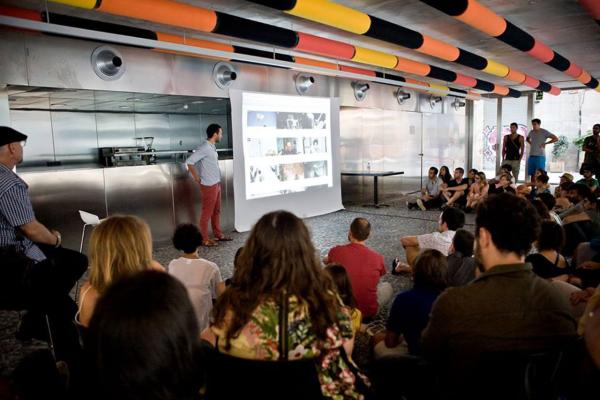Judith Duportail, a journalist who is long been scrutinizing how dating applications influence society and data journalist Nicolas Kayser-Bril attempted to reverse-engineer a dating application's recommendation engine in order to find out how that specific dating platform influenced the lives of heterosexual men and women.
Their findings showed that each gender operates in a separate universe. Men are "liked" (or swiped right) once every fifty swipes, while women are swiped right half of the time. This causes frustration among men (which might be engineered by the application to maximize income) and aggressiveness towards women.
The data used in the investigation came from a "data donation" night organized in cooperation with the non-profit Tactical Tech. Duportail and Kayser-Bril built a mini-website where data donors could log in with their social media credentials. The website then used the dating application's API to browse through the recommendations (i.e. profiles) the application offered each user. These recommendations' pictures had "success rates", which were subsequently extracted and analyzed to compute averages by gender.




